Complementary cancer therapies are not an alternative to conventional treatments. A holistic approach to cancer must adequately address body, mind and spirit of the patients to meet their unique and multi-dimensional needs.
Complementary therapies, such as homeopathy, acupuncture, massage therapy, aromatherapy, and yoga can provide symptom relief, reduce side effects from toxic chemotherapy and radiation treatment and improve overall well-being.
We are utilizing a variety of complementary therapies depending on general health condition, cancer type, lifestyle habits, genetics, and metabolic characteristics of the individual patient.
Our Complementary Treatment Approach
Our complementary treatment approach for cancer patients is based on four pillars:
- Direct cancer cell killing by specific phytotherapy (plant-based treatment)
- Anti-inflammation
- Anti-oxidation
- Immune system restoration as well as modulation
Depending on an individual patient’s needs, these four treatment pillars are sometimes combined with enzyme therapy, hyperthermia or fever therapy, and detoxifying treatments. In addition, our medical experts may suggest necessary lifestyle changes, dietary treatment measures, specific exercise programmes, and psycho-oncology therapy proven beneficial.
The combined effects of these complementary cancer treatment methods can be utilized to increase efficacy of standard cancer therapies in various ways. For example, our plant-based treatment protocols with indole-3-carbinol extracted from cruciferous vegetables, artemisinin extracted from Artemisia annua, epigallocatechin gallate extracted from green tea, and isoflavones as well as various plant sterols – all have been shown to improve chemotherapy efficacy and reduce tolerance development against several chemotherapy drugs. At the same time, these phytotherapy substances exert significant anti-cancer effects themselves, work as antioxidants, and reduce inflammation – all helpful to restore the patient’s immune system function and reduce side effects of toxic conventional cancer therapies.
Nausea, vomiting and diarrhoea may be suppressed effectively by ginger, cannabinoids, fennel, scutellaria baicalensis, and other plant extracts, or by acupuncture and homeopathic remedies. Pain and associated anxiety, as well as difficulties sleeping will respond well to specific phytotherapy (for example cannabidiol) and melatonin.
Chemotherapy induced ulcerations in the mouth (mucositis) can be treated successfully with essential oils of peppermint and lavender, which contain powerful anti-fungal properties that help eliminate oral yeast infections. Hot flashes, as side effects of hormonal therapy, can be mitigated with black cohosh, red clover, ginseng, and evening primrose oil. Dry mouth issues, after chemotherapy or radiation of the head and neck can be treated successfully with Biotene products in combination with herbal decoctions from Traditional Chinese Medicine, such as Shennongbaijie, Jiaweizengye, and Sanganhuayin.
In addition to the utilization of our above listed four pillars of complementary cancer treatment, our team of medical specialists is constantly researching new and innovative cancer treatments that might still be considered experimental. We do not shy away from the extra administrative effort to design and administer treatments for individual patients on the basis of the so-called “compassionate drug use”, meaning the utilization of an experimental drug outside of clinical trials to treat patients with serious or life-threatening diseases.
For example, we utilize so-called “repurposed” drugs and drug combinations to manipulate the delicate acid-base-balance of cancer cells or special metabolic pathways that are promising to exert more efficient cancer cell killing with less side effects. For metastatic cancer patients who have exhausted all conventional therapies, we use a combination of an old blood-pressure medicine and an oral anti-diabetic drug. When given together, this combination exerts strong cancer cell killing efficacy in the laboratory and in animal studies. While treating a small group of stage IV cancer patients with this experimental combination therapy, we already observed very encouraging clinical results: The treatment stopped cancer progression in all patients. A wonderful gift to those who were told their time had run out…
For metastatic and castration-resistant prostate cancer patients we are using a protocol with high dose oral zinc supplementation in combination with a zinc ionophore that carries zinc to the prostate cancer cells and cabergoline, a medication that reduces plasma prolactin levels. This combination is administered together with our well known phytotherapy protocol (high dose of Aeskulap-Sitosterol-Mix, Curcumin combi, BioBran and Aeskulap Modified Citrus Pectin) with great clinical success. About 65% of men with metastatic and castration-resistant prostate cancer respond, and many of those enjoy long-lasting cancer control.
It is the combined knowledge, huge clinical experience, and the vast network possibilities of our conventional and holistic cancer specialists that provides an enormous advantage for our cancer patients by selecting the best possible treatment, administered by the most suitable practitioner, at the best possible medical institution. We always will go the extra mile for our cancer patients who feel that they reached the “end of the rope”.
We have put together a list of self-care areas, often explored in complementary medicine. The associated publications were reviewed and validated by our team of experts. Please, bear in mind that this is not an exhaustive list and that every patient under our care will receive a personalized protocol.
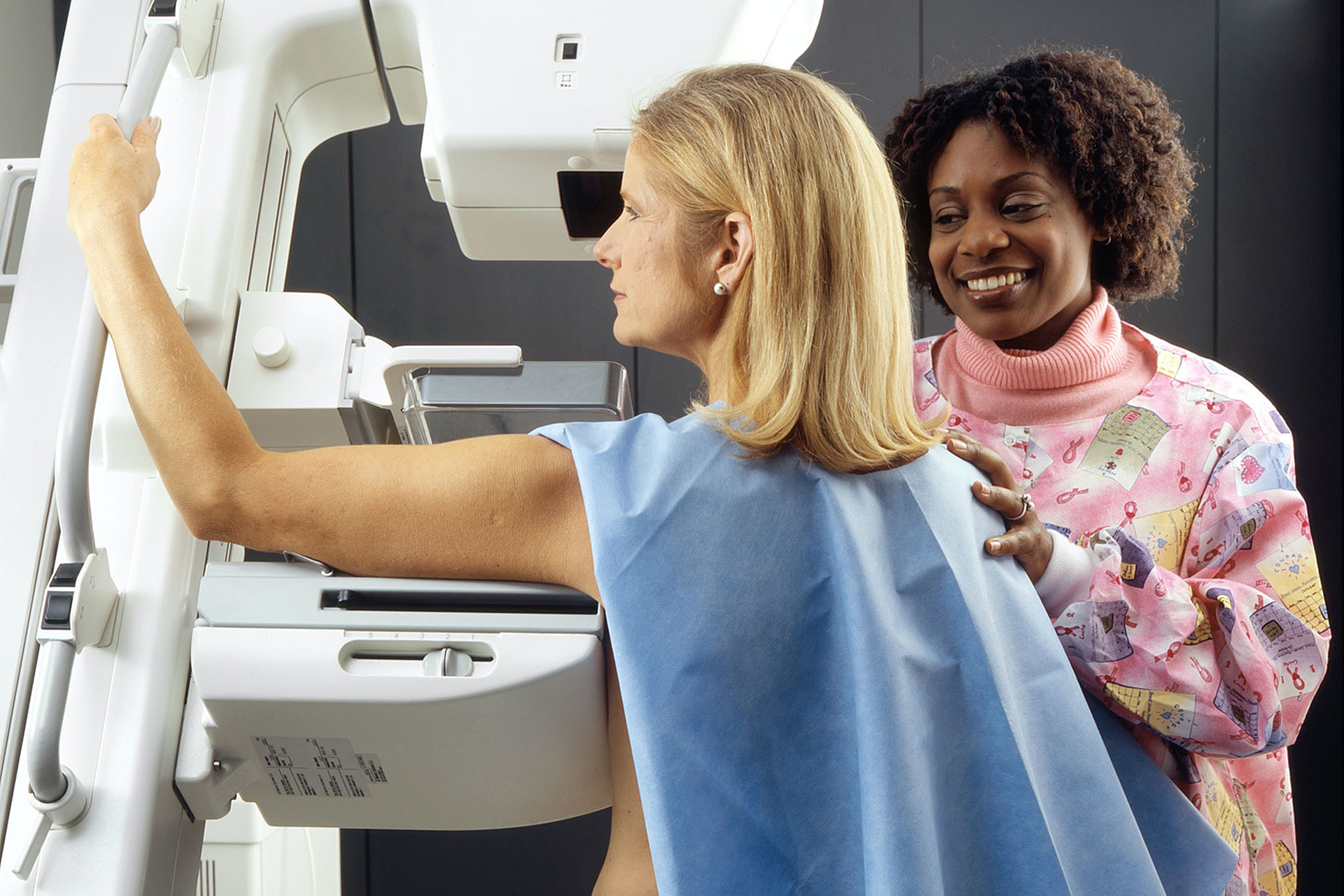
Prevention & Screening
It is common knowledge that a large percentage (about one third) of cancer deaths are due to the 5 leading behavioural and dietary risks: high body mass index, low fruit and vegetable intake, lack of physical activity, tobacco use, and alcohol use.
The first step of any prevention programme is adhering to a healthy life style with balanced nutrition, physical activity, controlling stress levels and avoiding the abusive intake of toxic substances. All that will contribute significantly to reduce your risk to develop cancer cells.
Screening programmes are broadly encouraged in conventional medicine for cancer types where early intervention is more likely to be successful: breast, cervical, colorectal (colon), prostate and lung cancer.
Genetics
Cancer is associated with certain changes to genes that control the way our cells’ function, especially how they grow and divide. Genes carry the instructions to make proteins, which do much of the work in our cells. Certain gene changes can cause cells to evade normal growth controls and lead to cancerous cells, forming tumors.
Inherited genetic mutation plays an important role in about 5 to 10% of all cancers. Researchers have made a positive correlation in specific genes with more than 50 hereditary cancer syndromes. These are disorders that may predispose individuals to developing cancer cells.
With your permission, Integrative Cancer Care will look into your genetic profile and not leave anything unstudied, if the need should arise.
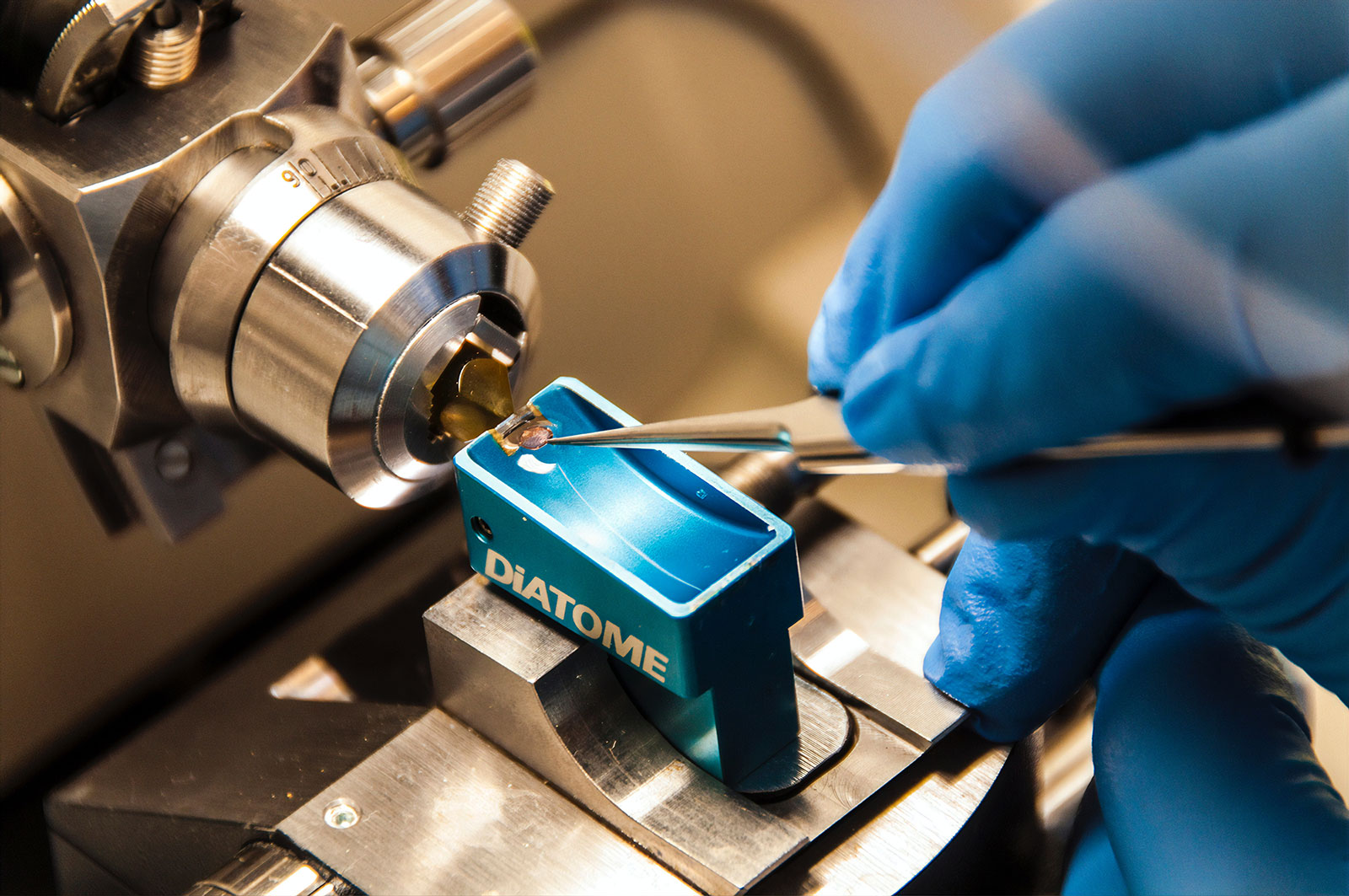

Nutrition
A well-balanced nutrition plays a major role in complementary medicine. Finding a diet that fits a patient’s physical requirements, and at the same time provides the right amounts of all nutritional elements, including vitamins, trace elements and other vital substances, is often the most challenging part of living with cancer. It requires will power and motivation to change nutritional habits. Our nutritionist team at Integrative Cancer Care has provided the following short 10-point guide for you:
Nutritional Genomics
Nutritional genomics, also known under the name of ‘nutrigenomics’, is a science studying the relation between food and inherited genes, as well as their impact on general health. From 2011 onwards, amazing research has been done in this field towards developing an understanding of how the body responds to nutrients, as well as towards the single gene/single food compound relationship.
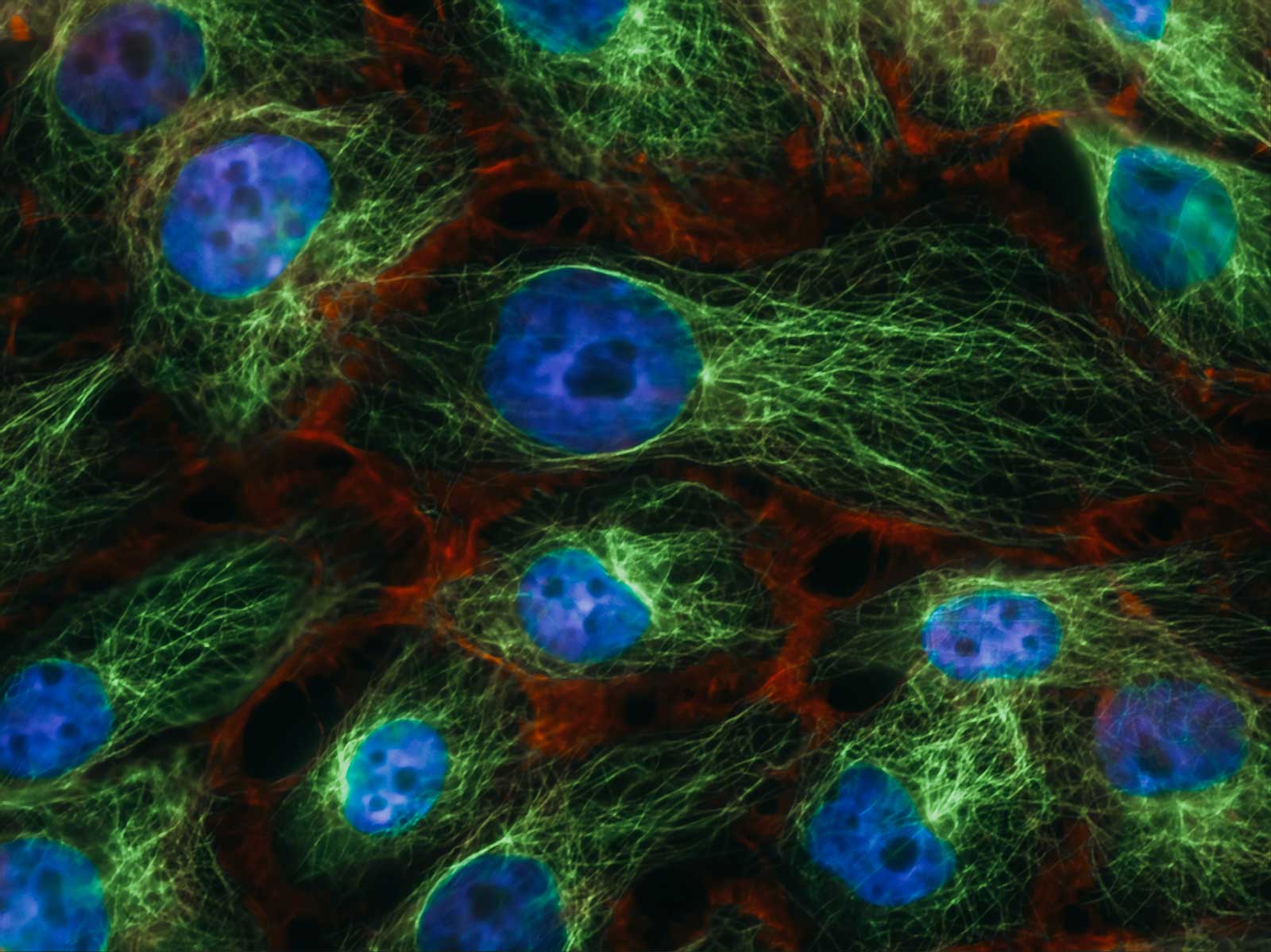

Mental Health & Support
Your mental health is playing a bigger role in all stages of your cancer journey than you might think – from the diagnosis, through treatment, and the recovery phase. Many patients have a hunch that with cancer, there is something for them to learn, gain or even be transformed by – if they just knew how to relate to this disease differently from the usual way most of society does. This is not an easy path but there is a huge opportunity to gain mental strength and resilience in reaching out for support and reflecting on healthier perspectives with the disease. We encourage patients to seek psychological and spiritual guidance along their journey. A sense of support and community makes a huge difference in the way cancer patients can cope with their situation.

Physical Activity
Especially when living with cancer, becoming more physically active will bring a positive change in your life. Regular physical activity will help reducing the risk of many health problems, such as heart disease, stroke and diabetes mellitus. For cancer patients, it has been showed to improve overall survival.
During cancer treatment, physicians usually advise to stay active and limit the time you spend sitting or lying down. If you are not active, you may feel more tired, lose muscle strength and cardiorespiratory fitness. Cardiorespiratory fitness is how well your heart and lungs can deliver oxygen and nutrients to your tissues and organs over longer periods of time.
Being physically active during treatment is generally safe. But, there may be activities you might have to avoid or be careful with. Make sure to ask our team for a personalised physical activity programme and do not push yourself over the recommended activity limit.
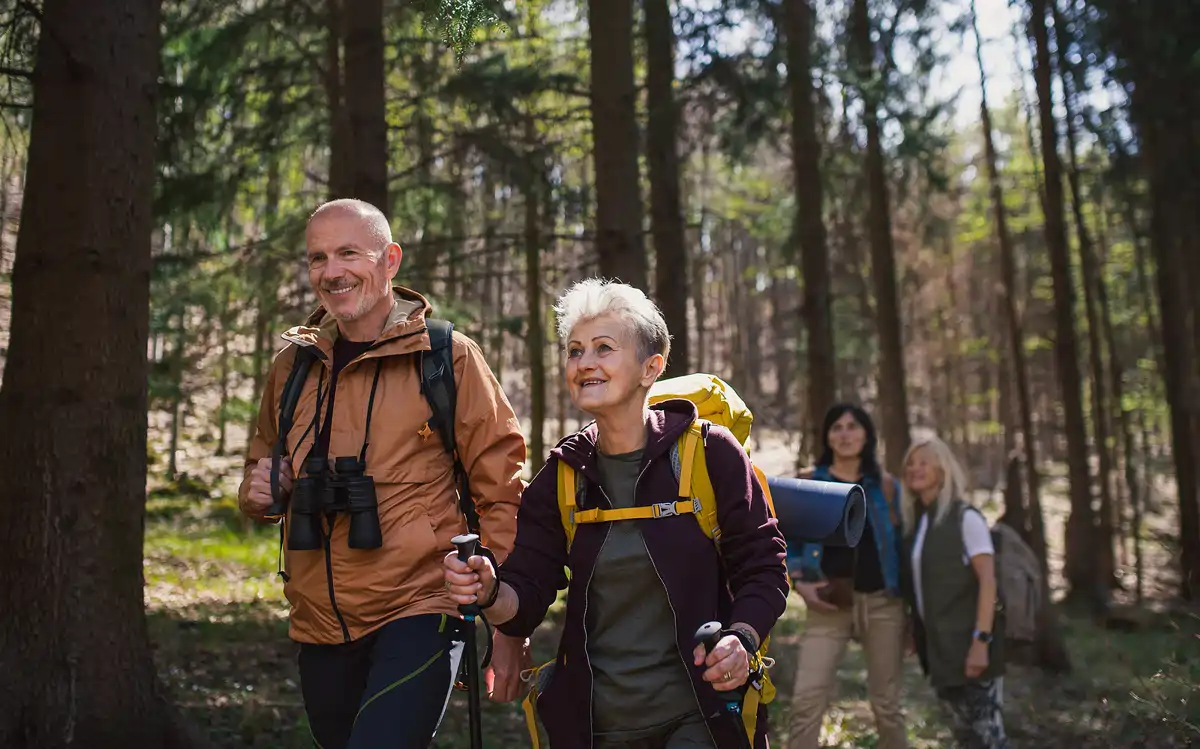
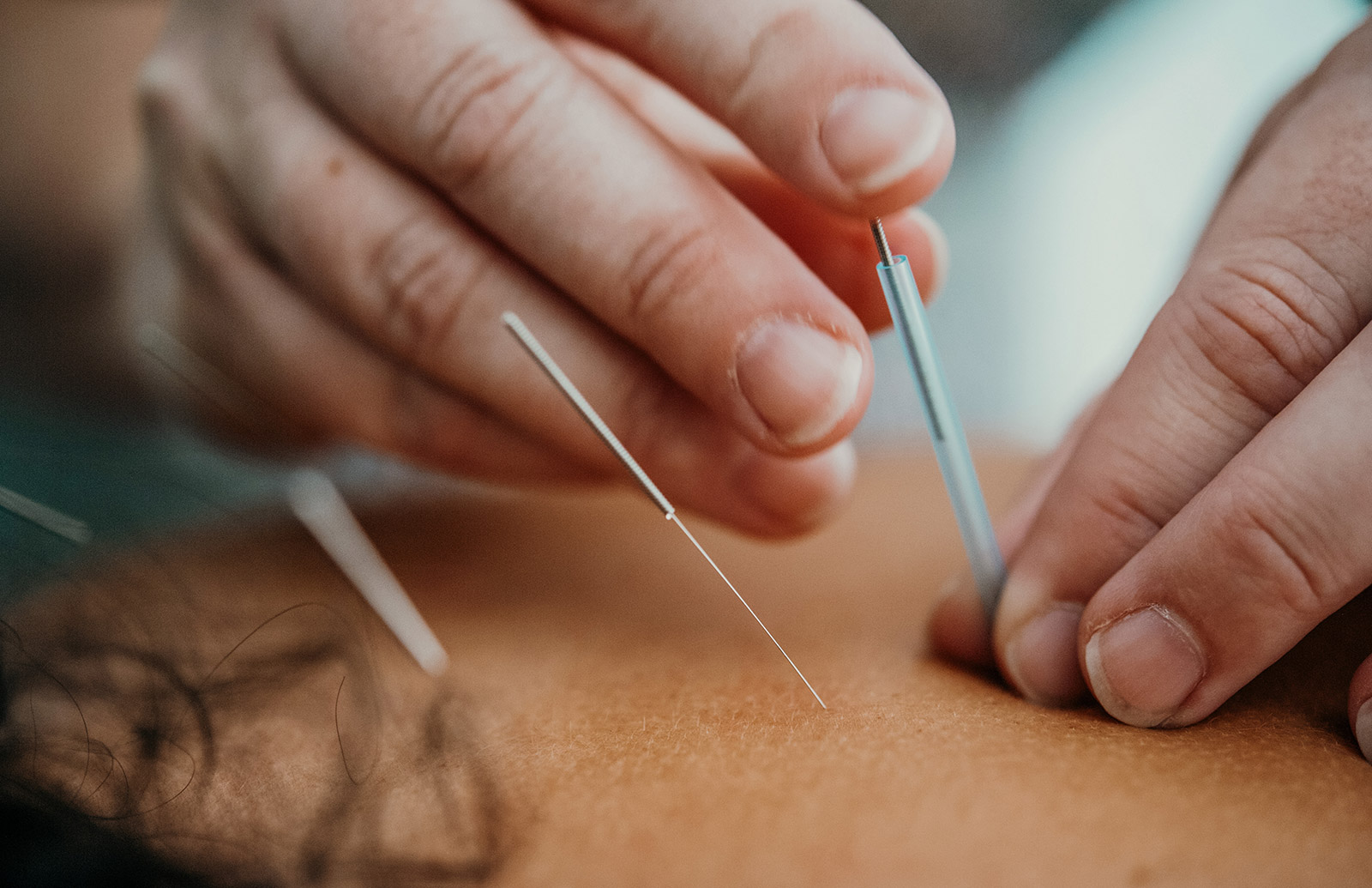
Alternative Medicine
Alternative medicine offers a wide range of treatment methods, often influenced by the Eastern world and ancient medicine. Many of those methods have not yet received scientific recognition but people, especially with chronic illnesses, report great benefits from those treatments when integrating them into their whole-body treatment approach.
At Integrative Cancer Care we consider some of those alternative treatment methods helpful in gently supporting a patient’s self-healing capacity.

Lifestyle Coaching
The spectrum of the different approaches and forms of lifestyle coaching is vast, and it can be a bit overwhelming to make a decision on who to work with. Nevertheless, this measure can represent an important lever for claiming back your power and control in the process of cancer treatment. As your quality of life can suffer during the journey of dealing with cancer, detecting and changing poor lifestyle choices are highly recommended from an integrative point of view on health.
We think that feeling empowered to take responsibility for your own health is a gift and can generate a positive attitude towards life as well as promote overall well-being. Lifestyle changes can affect your diet, movement, as well as mindful practices for stress relief. All the alternative therapy modules mentioned in the section above can already create positive change, but if you feel overwhelmed in the process of making a suitable decision, the Integrative Cancer Care team can recommend a few specialists in the field of lifestyle coaching.

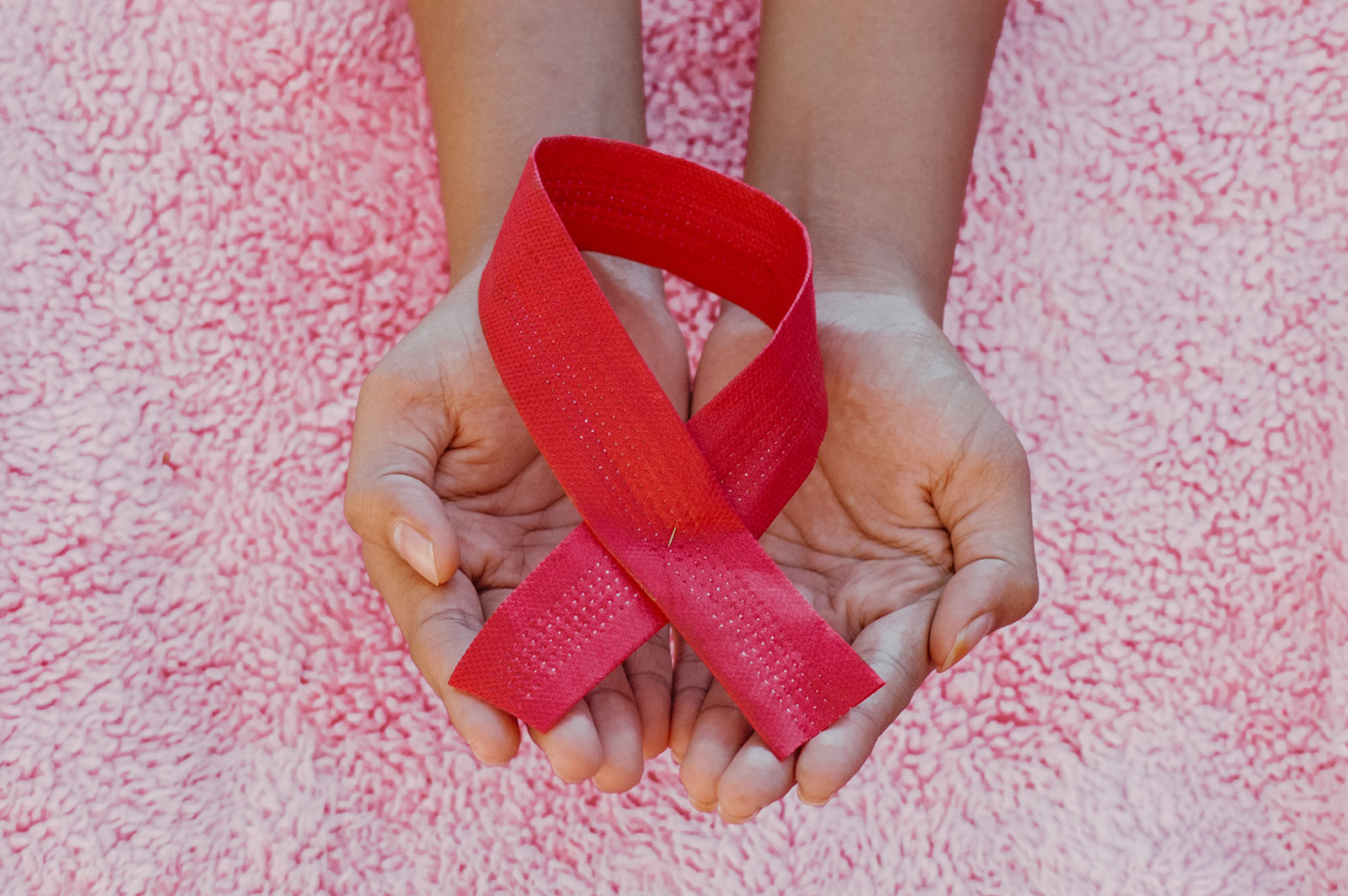
After Cancer
If you or someone you love is a cancer survivor, you may be living in fear that one day the disease will return. But you can protect yourself and build a strong anticancer defence system of health and wellness.
When cancer treatment ends, patients begin a new chapter in their lives. A chapter that will bring hope and happiness, but also worries and fear. As a cancer survivor, you will develop your own way of coping and learn how to manage your emotions. It is not just about surviving, but finding your own ‘new normal’. This process can be painful for you and your loved ones. Give yourself, your family, and those around you time… you will get through this. Just like it took time to adjust to cancer, you can adjust to life after cancer. Learn to live with uncertainty and find the support you need, be it within your family, your friends or among other cancer survivors in support groups. Select and integrate into your daily life the best secondary cancer prevention strategy that suits you, but do not let fear of cancer recurrence take over your life. Instead, use your energy to focus on wellness and what you can do now to stay as healthy as possible, physically and emotionally. Our Integrative Cancer Care team can guide you, with a comprehensive approach needed for optimal health and recurrence prevention.

“Self-care is about building healthy practices into our daily routine and being gentle with ourselves when we don’t always manage to do so. The important thing to remember is that doing the things that make you feel good, can help strengthen your immune system and build your resilience. This means you’ll be better able to cope with whatever life throws at you.”
Source: www.pennybrohn.org.uk



